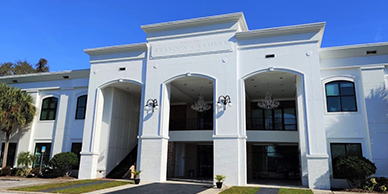When you hear people talking about probate, you probably hear that they are not happy about it. That is because probate is a court-supervised process for gathering and identifying assets belonging to a deceased person, and it can be frustrating. This same process is responsible for paying the debts of those who have passed away and distributing assets to the beneficiaries. If your loved one didn’t have a will, then probate is probably where the estate will end up.
There are two kinds of probate administration in Florida. There is a formal administration and a summary administration. Formal probate administration only applies to assets owned by the decedent. Summary administrations generally handle smaller estates with assets worth no more than $75,000.
How do you know if your estate qualifies for summary administration?
Your loved one’s estate may qualify for summary administration if:
- The value of the decedent’s probate property doesn’t exceed $75,000 as of 2019. This limit doesn’t include protected homestead real estate.
- The decedent passed away over two years ago. In this situation, the estate qualifies no matter how much the it’s worth. There must have been no previous probate administration that took place to qualify under these terms.
If you are handling probate as an executor or know that your loved one’s estate is entering a problem, it can be challenging. It may be a good idea to reach out to your attorney to discuss the steps you need to take and to learn more about what to expect. Our site has more on summary administrations and probate administration.

